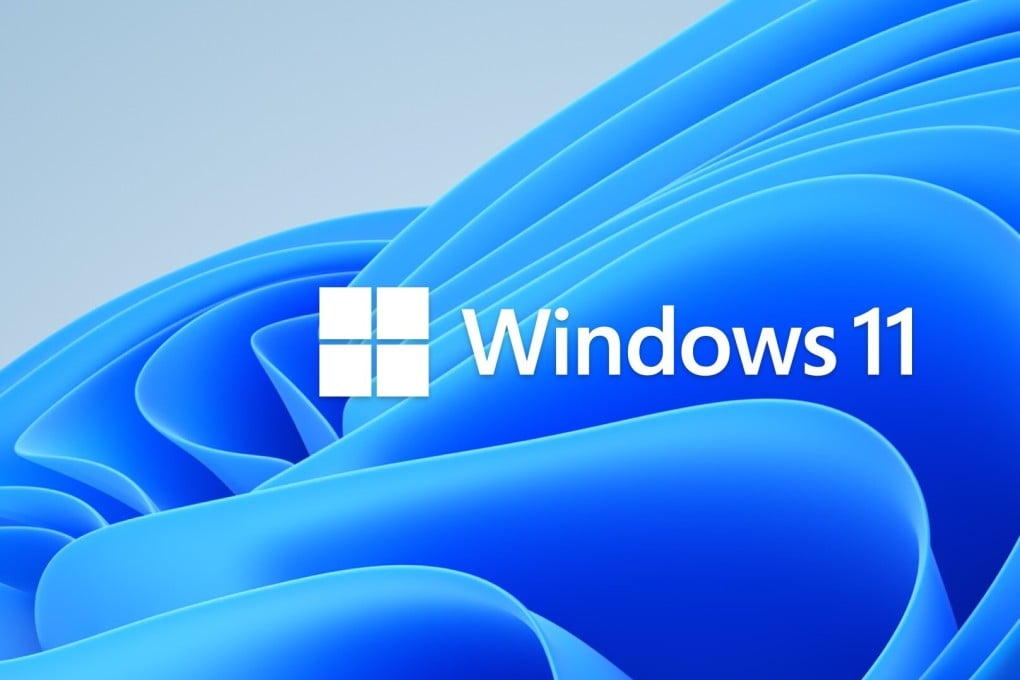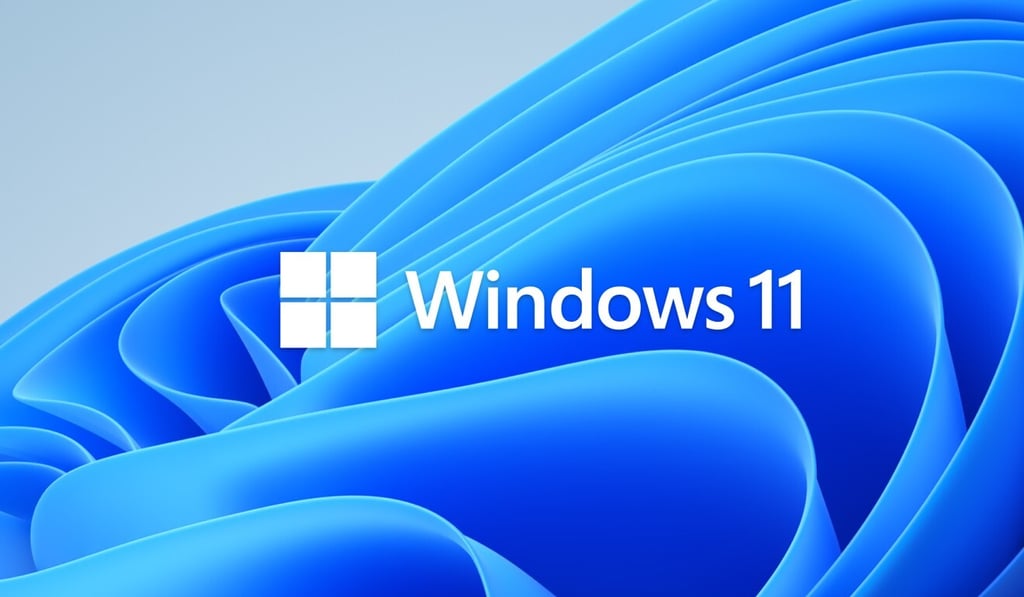How a banned encryption chip is stopping China from running Windows 11, for now
- For any device looking to run Windows 11, Microsoft has made it a minimum system requirement for it to support the latest TPM 2.0 specification
- China banned foreign TPM chips as far back as 1999 over national security concerns, and has adopted a home-grown equivalent amid clashes with US over tech

Microsoft released Windows 11 on Tuesday but many personal computer users in China found themselves unable to switch to the latest version of the operating system as their devices lack a critical component called a trusted platform module (TPM) chip.
TPM is an international encryption standard and a TPM chip is a component on the motherboard which allows hardware to conform to that standard. A TPM chip not only helps protect a computer from external tampering, it also helps a slew of software to perform encryption tasks.
For any device looking to run Windows 11, Microsoft has made it a minimum system requirement for it to support the latest TPM 2.0 specification.
But China has banned foreign TPM chips as far back as 1999 over national security concerns, and has adopted a home-grown equivalent as it races with the US in setting global tech standards. However, without TPM chips, many PC users in China now find themselves struggling to update to Windows 11.

“Today Microsoft released Windows 11. But the Dell laptops sold in China have filtered out TPM in accordance with China’s policies. So we can’t install it. Looking forward to a China-only version of Windows 11,” a commentator wrote on Weibo, China’s equivalent of Twitter, on Tuesday.